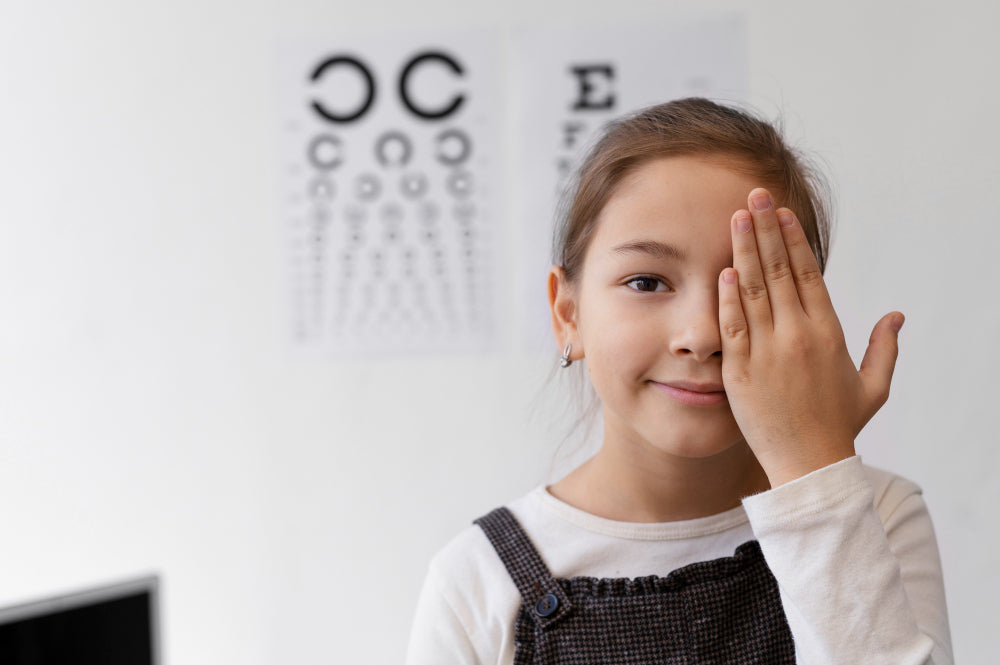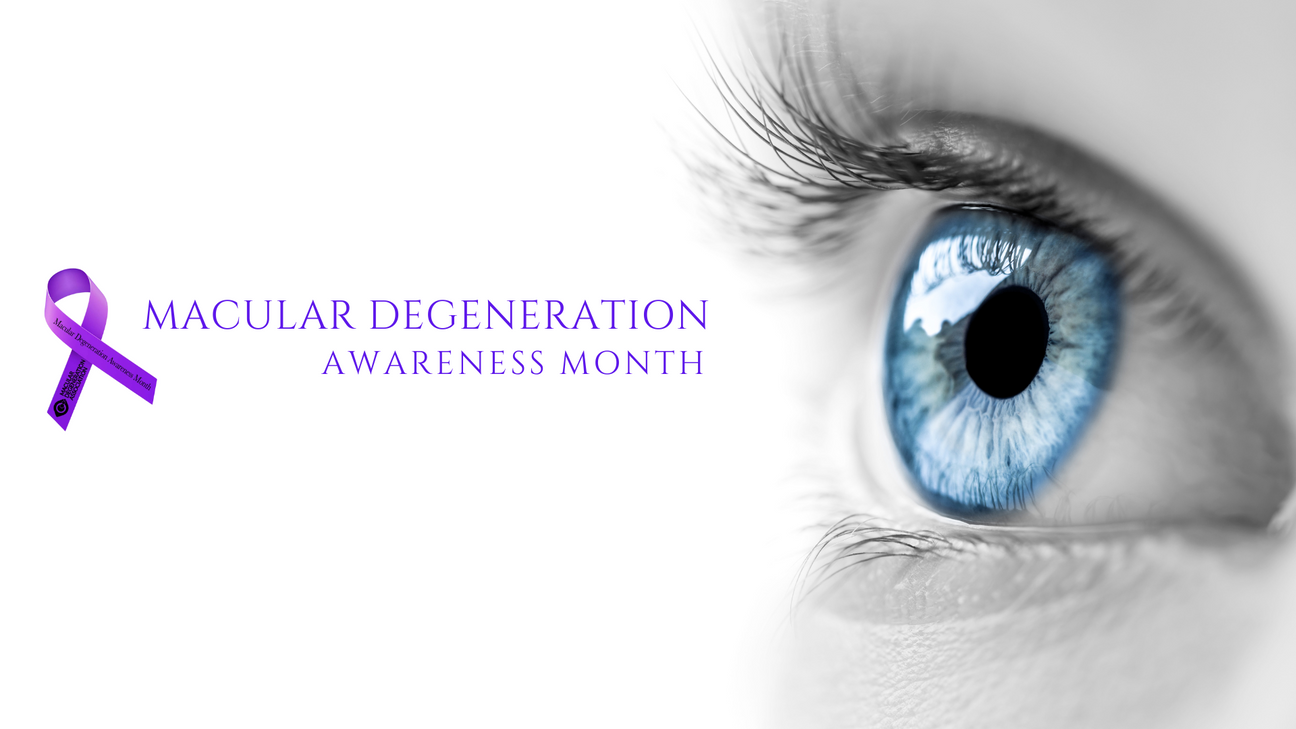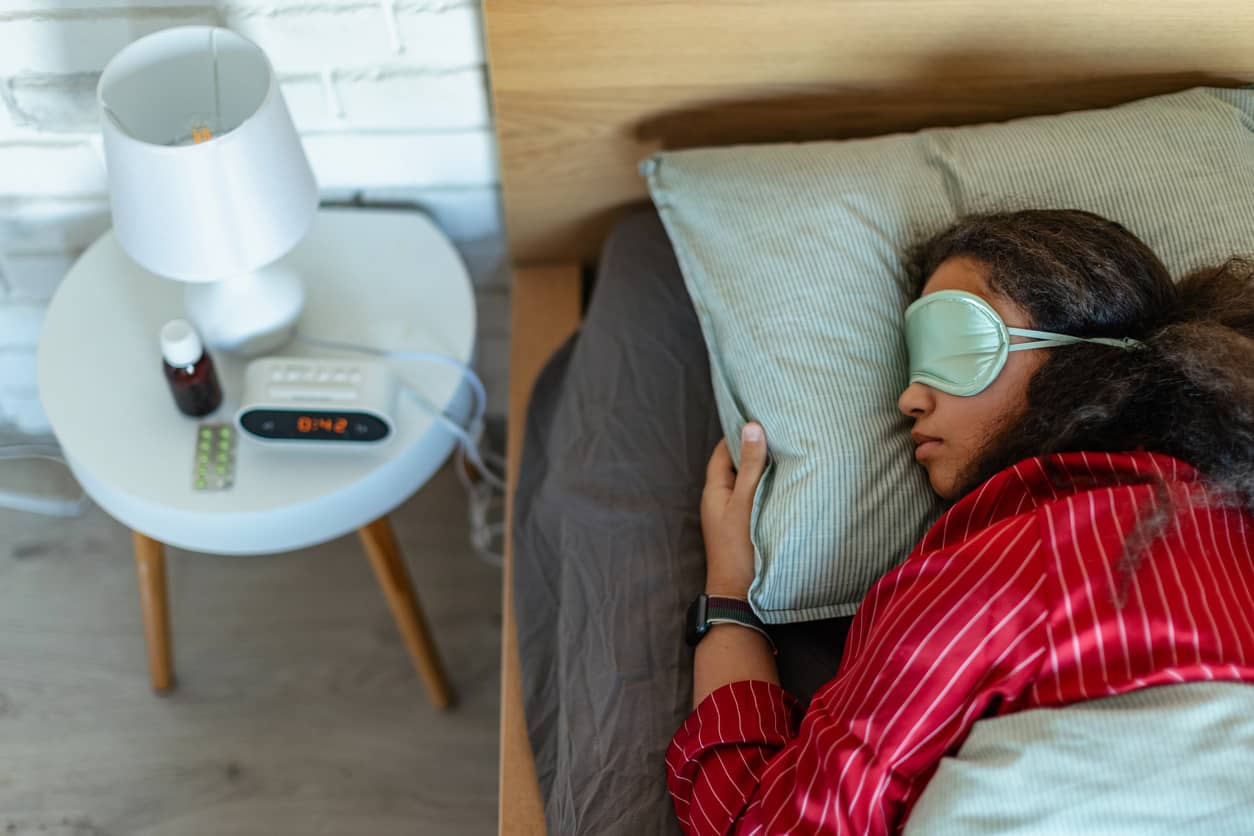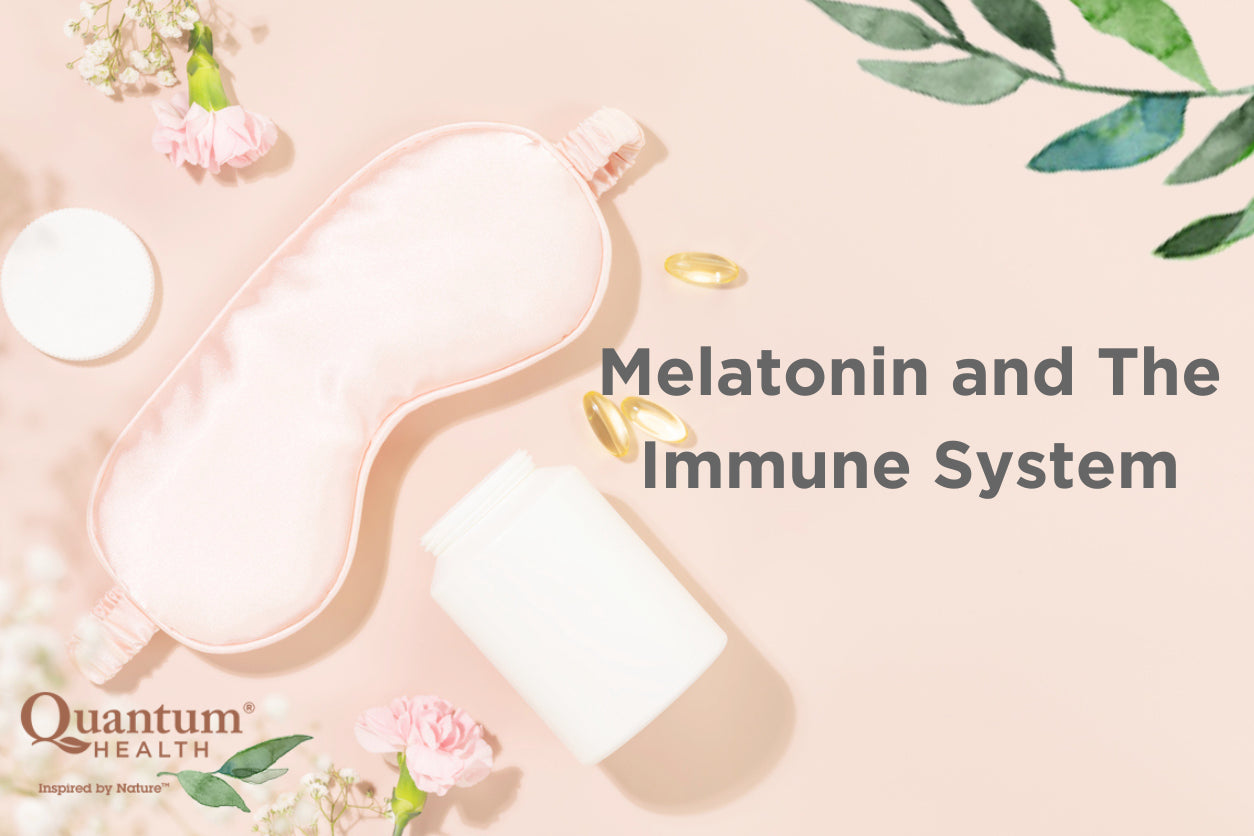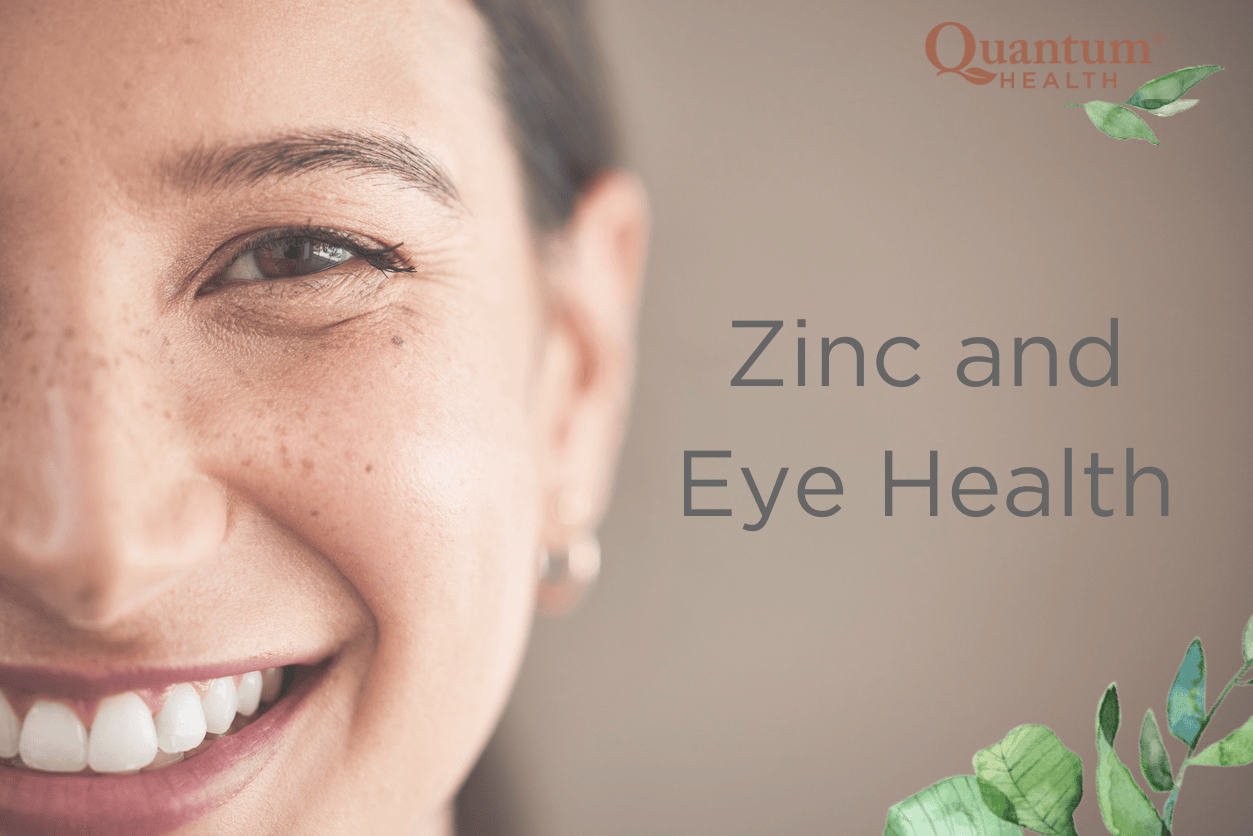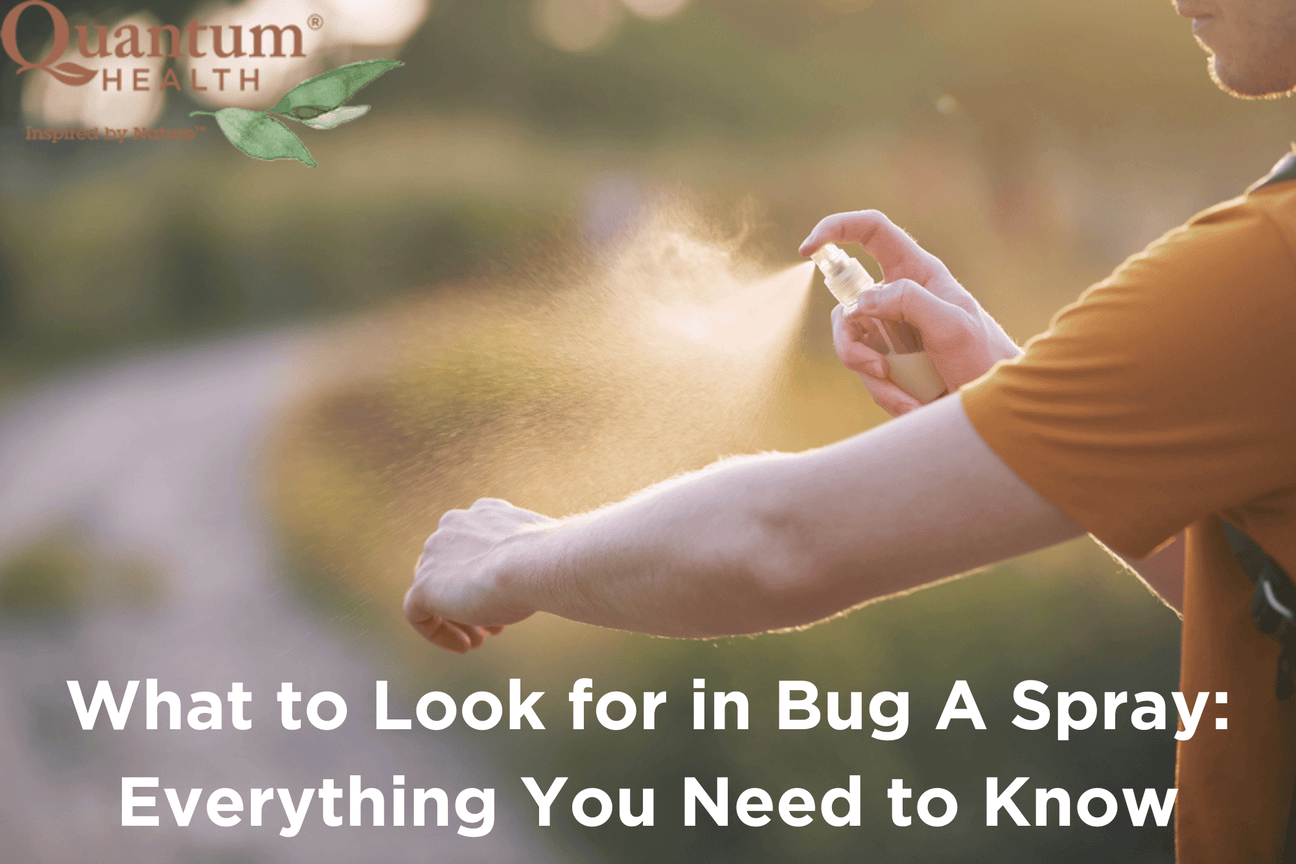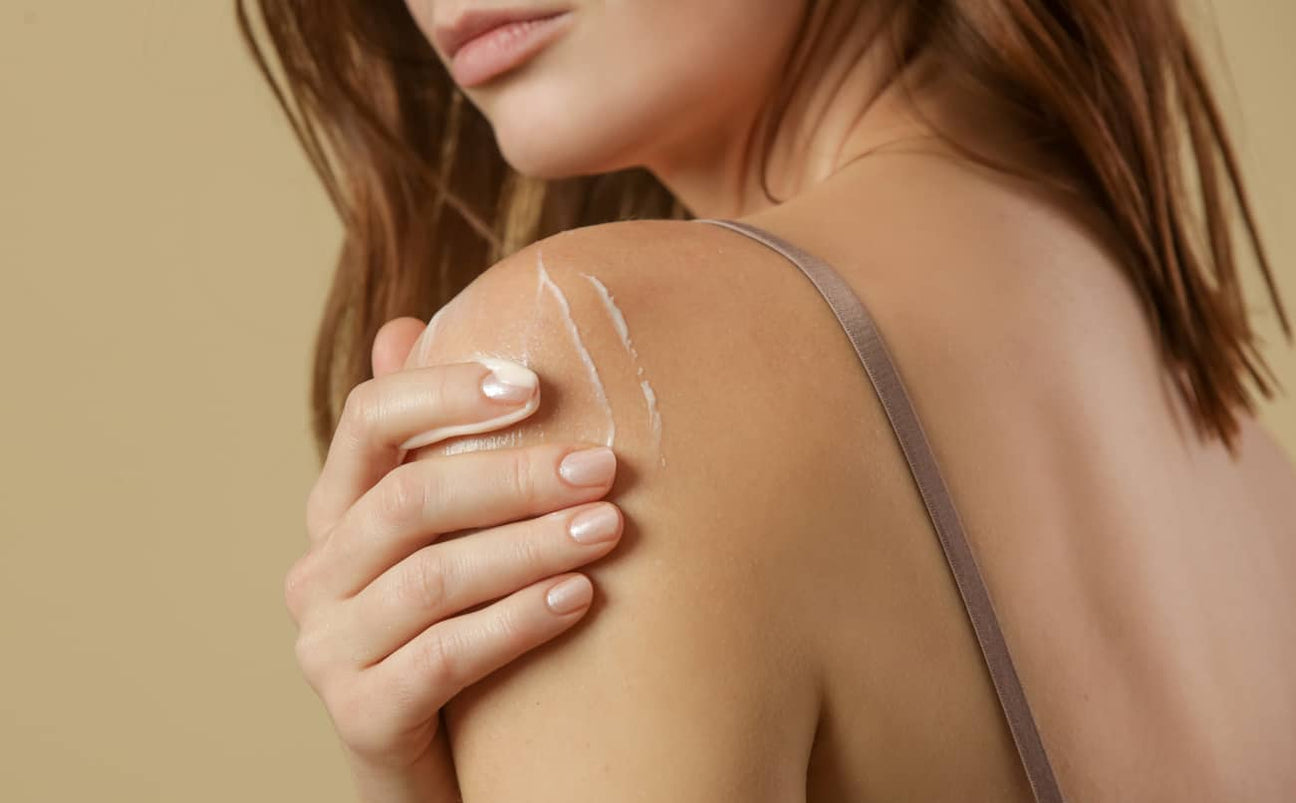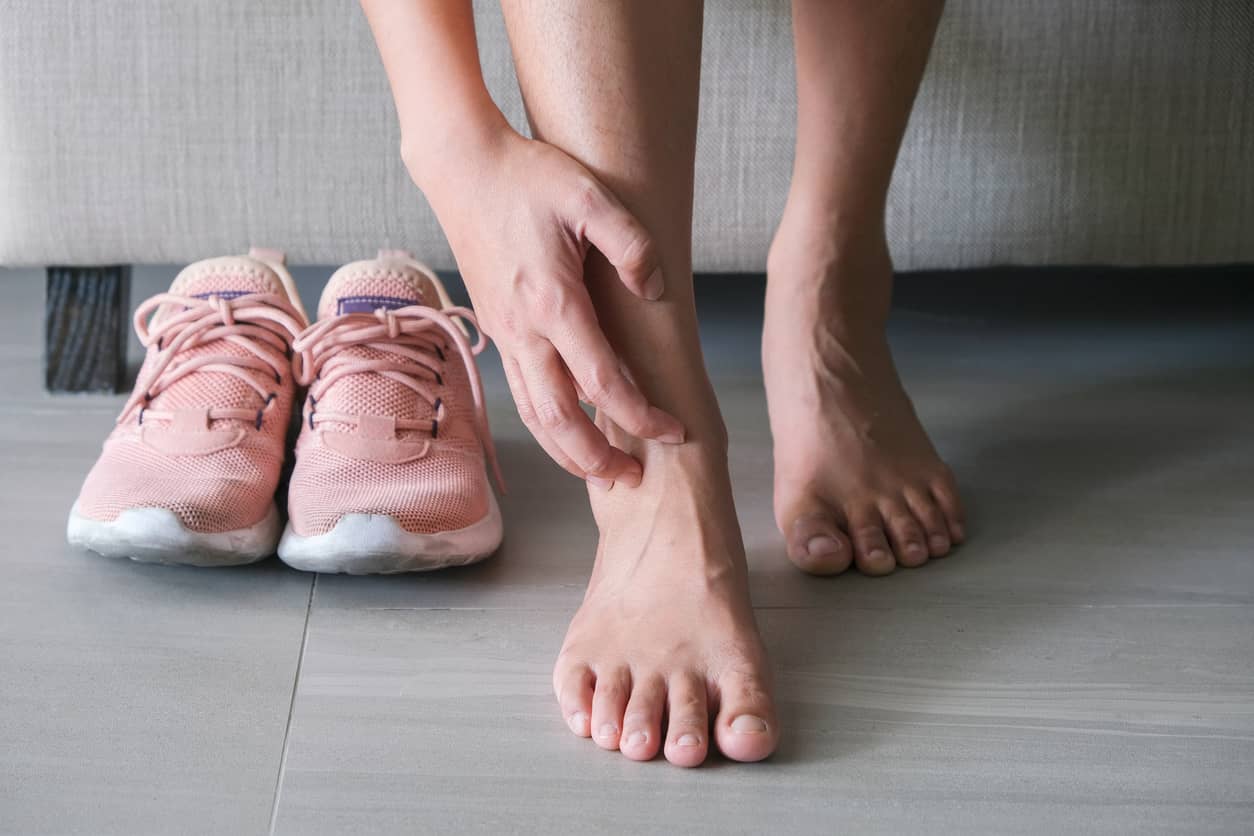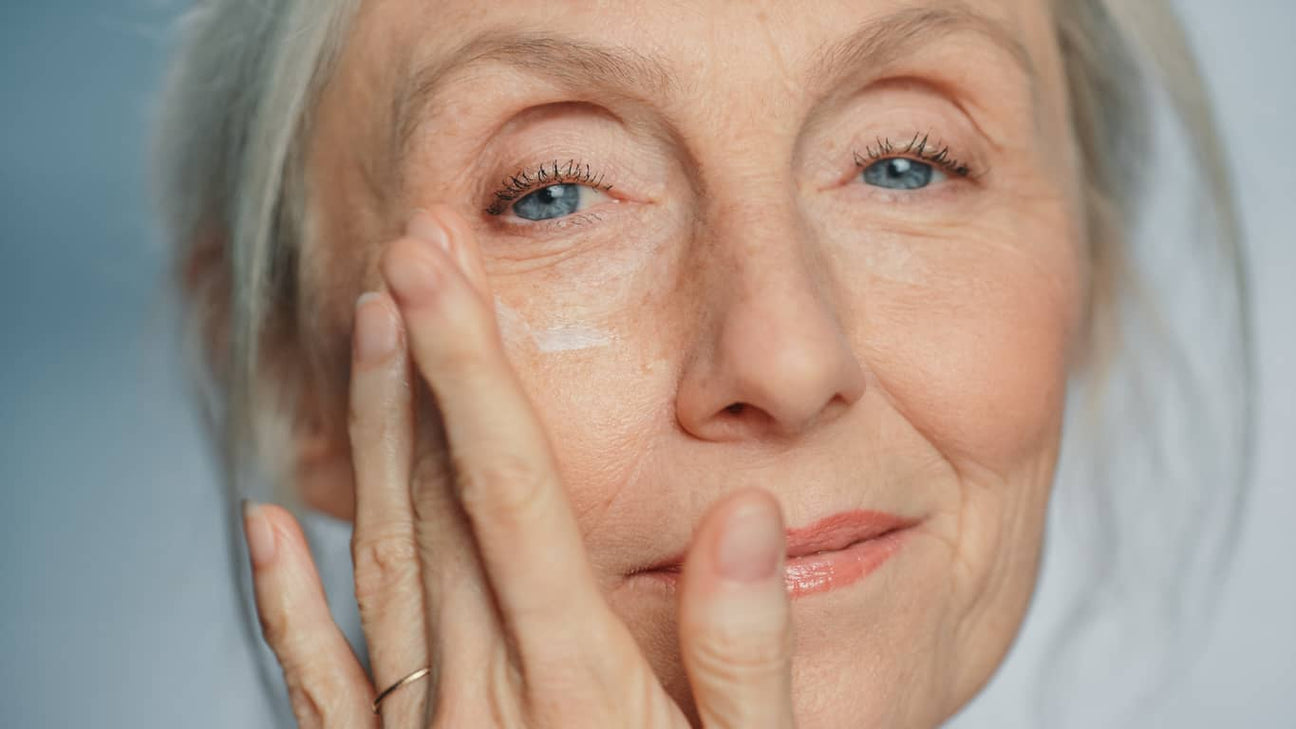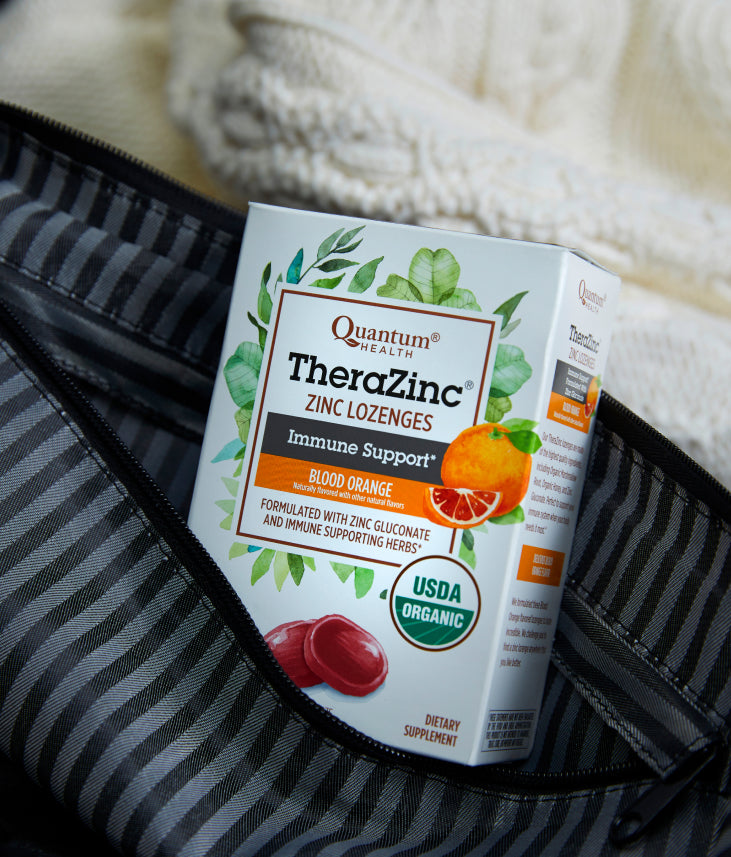Maintaining Healthy Eyes Past 40 - What to Know
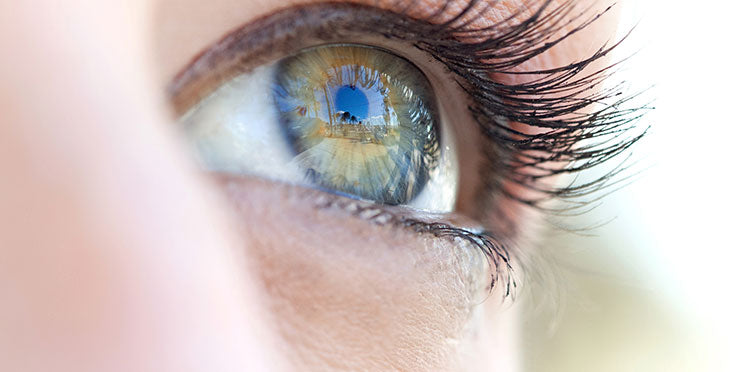
Your eyesight, and eye health, can both alter as you get older. Health problems like high blood pressure or diabetes are more likely to occur as you age, affecting your eye health.
Presbyopia (the gradual loss of your eye's ability to focus on nearby objects) is also a natural part of aging. Many people begin to notice Presbyopia in their mid-40s.
What changes should you look out for as you reach your 40s? And what can you do to help keep your eyes healthy?
Eye Health as You Get Older
Some people are at more risk of developing eye problems than others. According to the American Optometric Association, common risk factors include:
- Having a chronic condition like diabetes or high blood pressure
- Having a family history of glaucoma or macular degeneration.
- A highly visually demanding job
- Working in an eye-hazardous occupation
- Taking regular medications that can have side effects on your eye health
However, hormones can also play a role. Post-menopausal women may find they develop problems like dry eyes due to hormonal changes, and dry eyes are also a problem that impacts men as they age.
Cataracts (a condition where the lens of your eye clouds over, impairing vision) affect about 50% of people by age 75. The risk of developing a cataract increases with each decade of life from the age of 40.
Common Eye Conditions Related to Aging
The most common eye conditions that develop due to aging include:
- Presbyopia
- Cataracts
- Dry Eyes - is when the eyes do not make enough tears, or the tears evaporate too quickly, and the prevalence increases with age.
- Glaucoma - a common eye condition that damages the optic nerve. It affects 2.7 million Americans over the age of 40.
- Age-related macular degeneration (AMD) - 1 in 10 Americans has late AMD by age 80, affecting the middle part of their vision.
- Posterior vitreous detachment (PVD) - causes floaters or flashes in your sight and occurs when the gel that fills the eyeball (called vitreous) shrinks, pulls and then separates from the retina.
- Diabetic retinopathy - Some people with diabetes can develop Diabetic retinopathy, which causes damage to the retina.
Top 5 Tips for Maintaining Healthy Eyesight & Eye Health
- Have regular eye examinations. This can help detect eye problems before they become serious. Even if you have no issues with your eyes, you should have an eye exam at least every two years to check your eye health. However, if you notice any changes in your vision or problems with your eyes, you should book an eye examination right away.
- Keep moving. Exercise is good for your oxygen levels and blood circulation, which helps benefit your eye health. Regular exercise also helps to reduce the risk of diabetes which can lead to diabetic retinopathy.
- Eat a healthy, balanced diet. Evidence shows that a healthy diet rich in fruit and vegetables can help prevent the development of some eye conditions.
- Sleep well. Sleep has many benefits for eye health, including promoting eye moisture and lubrication and clearing out irritants that gather in the eye during the day.
- Protect your eyes. Wearing sunglasses when outside will block harmful ultraviolet (UV) rays that can damage your eyes. Also, taking regular breaks from your computer when working (every 20 minutes) can reduce the impact of computer eyestrain.
Share
Your share can inspire countless others.





